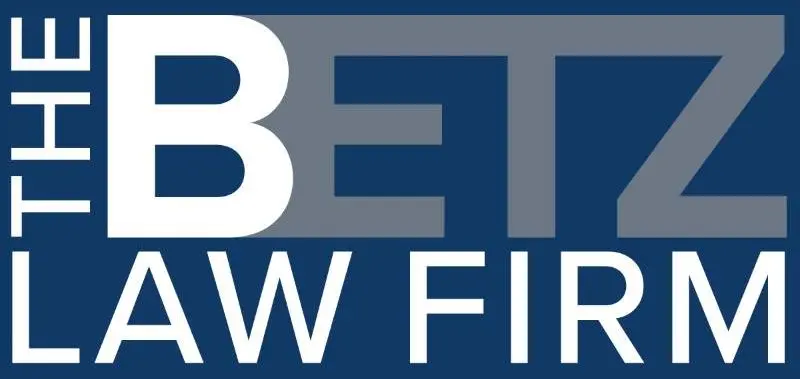At The Betz Law Firm, our dedicated team is committed to assisting you in gathering the necessary evidence to bolster your child custody case.
Child custody battles are emotionally charged legal disputes that determine children’s custody and visitation rights when their parents separate or divorce. The primary concern in these cases is the best interests of the child. Courts rely on evidence to make informed decisions, ensuring the child’s well-being remains at the forefront.

We understand the critical role of evidence in determining the outcome of custody battles, and we have the expertise to guide you through the process. Below we discuss the types of evidence commonly presented in child custody battles and emphasize the importance of collecting compelling evidence to support your case.
Collecting the Right Evidence
Our child custody attorneys will work with you to compile essential documents such as birth certificates, school records, medical records, and photographs that vividly showcase the involvement and care you provide for your child. Some of the evidence you’ll need to gather includes:
- Documentation of Parent-Child Relationship: To establish a strong foundation, providing evidence demonstrating the existing parent-child relationship is essential. This can include documents such as birth certificates, school records, medical records, and photographs that showcase the involvement and care provided by each parent.
- Living Arrangements and Stability: Courts prioritize the stability and suitability of the living environment for the child. Evidence related to this aspect might include home inspection reports, testimony from neighbors or professionals who have interacted with the child and each parent, and proof of stable employment and income.
- Parental Capacity: Demonstrating each parent’s ability to meet the child’s physical, emotional, and developmental needs is crucial. Relevant evidence may include records of involvement in the child’s education and extracurricular activities, medical and mental health evaluations, and any relevant certifications or training that highlight parenting skills.
- Co-Parenting History: Courts often consider past behavior and interactions between parents. Communication documentation, such as emails, text messages, or voicemails, can provide insights into the parents’ ability to cooperate and make joint decisions in the child’s best interests. Evidence of a history of domestic violence, substance abuse, or neglect must also be presented.
- Child’s Preference: In some cases, the court may consider the child’s wishes, particularly if they are older or mature enough to express their preferences. Evidence in this category could include testimony from the child or a professional, such as a child psychologist, who has interviewed the child and can provide insight into their emotional well-being and desires.
- Witness Testimonies: Testimonies from witnesses who can provide firsthand accounts of the parents’ behavior and interactions with the child can be highly influential. These witnesses might include family members, friends, teachers, coaches, or others who have observed the child’s relationship with each parent.
- Expert Opinions: Courts may give weight to expert opinions from psychologists, therapists, or social workers. Their evaluations and assessments can provide valuable insights into the child’s well-being and the parent’s capacity to meet their needs. These experts should be qualified and experienced in dealing with child custody matters.
When engaging in a child custody battle, the collection and presentation of compelling evidence can significantly impact the case outcome.
Speak With an Experienced Attorney
Our firm uses experience, good communication, and availability to help families navigate life-changing events.
